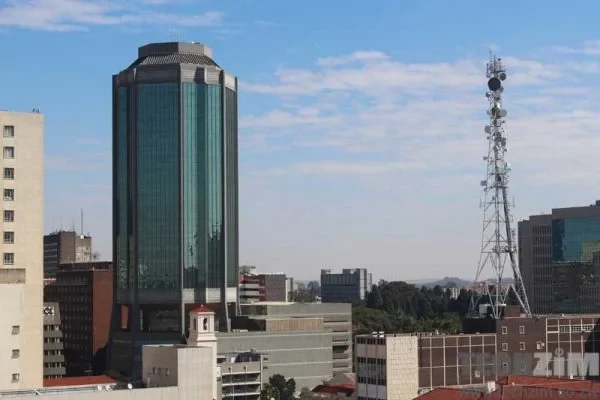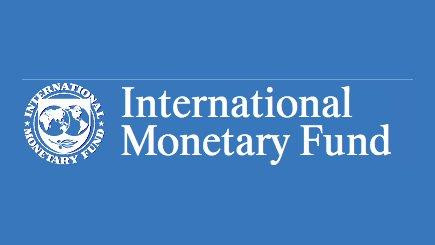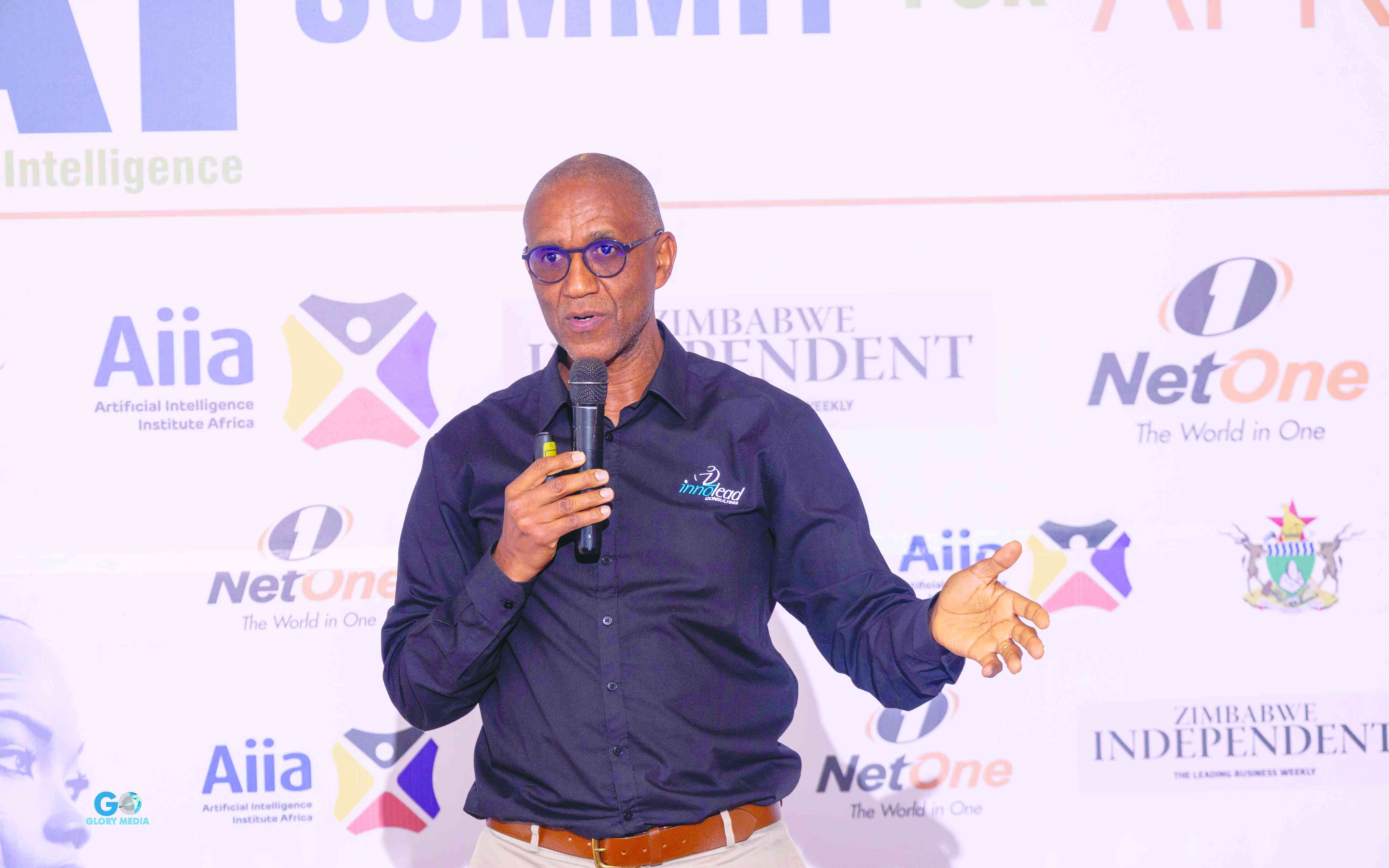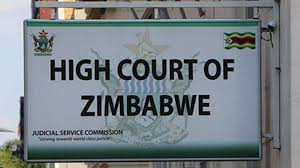SYDNEY KAWADZA/LORRAINE NDEBELE ZIMBABWE’S internet space is becoming the new battleground for political parties ahead of the March 26 by-elections with the rivalry reaching fever pitch as the country goes into election mode.
The country’s main political parties, the ruling Zanu PF and recently formed Citizens’ Coalition for Change, (CCC) are battling for cyberspace control to garner votes on social media.
The parties last weekend flaunted their multitudes of supporters attending rallies ahead of the by-elections believed to be a dress-rehearsal of the 2023 elections.
The allegations follow intermittent disruption of internet service during the CCC’s “Yellow Sunday” rally held at the Zimbabwe Grounds in Highfield, Harare, with many failing to download or live stream images and videos from the venue.
Zimbabwe was also flagged for politically motivated internet services disruption during the big-scale rally while many following the event raised concern over the recurrent interruptions.
According to cyber security company, Surfshark, this was the third internet interruption incident in Africa in 2022 after similar events in Burkina Faso. Internet disruptions for political reasons were also experienced in Kazakhstan this year.
Keep Reading
- Chamisa under fire over US$120K donation
- Mavhunga puts DeMbare into Chibuku quarterfinals
- Pension funds bet on Cabora Bassa oilfields
- Councils defy govt fire tender directive
Surfshark is a privacy protection tool set developed to provide its users with the ability to control their online presence seamlessly.
According to Elena Babarskaite, Surfshark spokesperson, Africa continues to be the most censorship intensive continent across the globe. The internet throttling in Zimbabwe, according to Surfshark, was most likely aimed at preventing multiple operators from streaming the live event.
“It affected Twitter, WhatsApp and Facebook platforms. In such occurrences, governments usually go after said communication apps as well as Skype, Viber, Twitter, and Instagram. All three internet disruption cases in Zimbabwe recorded by the social media censorship tracker are related to political protests,” Babarskaite added.
However, the Postal and Telecommunication Regulatory Authority of Zimbabwe (Potraz) director-general Gift Machengete dismissed the allegations attributing the interruptions to a large number of people at the rally.
CCC spokesperson Fadzayi Mahere accused the government of triggering internet disruptions last Sunday adding that the Zanu PF government was in a panic mode and scared of the opposition party.
“That said, the internet is only one frontier. We go wherever the citizens go and we will continue to engage citizens on different platforms and in different ways,” she said.
Dismissing the allegations in an interview, Machengete said Potraz received the complaints and swiftly moved to ascertain the cause of the internet service disruptions.
“For us as a regulatory authority, when we hear of such allegations and reports, we try to find out what transpired so we engaged the operators over the poor quality of service. Quality of service emanates from the operators, in Zimbabwe’s case, Econet, NetOne and Telecel. When you take a look at the area concerned there are base stations which support a certain number of gadgets.
“On that particular day, with such an unanticipated large crowd which was connected to the internet at the same time downloading and live streaming the event, the network becomes congested,” Machengete said.
He said the operators had revealed to Potraz that there were many people at the rally whose gadgets were connected to the internet leading to congestion.
“At times when such a large crowd is anticipated, the service providers have to upgrade their systems due to increased demand. That is also if they know in advance and they deploy engineers to the area. No one anticipated that crowd on Sunday hence the network challenges,” Machengete added.
Meanwhile, political analyst Ricky Mukonza said the concerns raised did not reflect well on the government.
He, however, said a bad record would be the least worries for the Zanu PF-led government as it seeks to retain political power.
“Indeed, social media in all its varieties has become a serious political battleground. This is because the people across social, economic and geographical divides seem to have access to mobile technology from which they can access content from social media,” Mukonza said.
“This is true particularly with the young generation whose interest is the use of technology across most interests in their lives. These tactics of denying opposition parties through online means have been used by authoritarian regimes elsewhere in Africa and in the Asian world. Government has the capacity to jam the internet. We have stories of how they have employed Israelis and Russians to help with cyber capabilities.”
ICT expert Jacob Mutisi also acknowledged the presence and influence of the internet, including its influence in politics in Zimbabwe and beyond.
“With a mobile penetration rate of almost 102%, it means everyone has access, let me emphasise access to a smart mobile device. What this means is information can now move at a faster rate than ever before. So social media platforms like WhatsApp, Facebook and cyber presence will now be the communication media of choice,” Mutisi said.
He added government authorities would never block the internet as this will be tantamount to shooting themselves in the foot.
“Mind you all our electronic transactions are carried on the internet. I can assure you that they did not block as it has serious political repercussions. It’s just that the internet is now up and down due to the introduction of 5G which is now imminent.”
However, Mutisi noted that the government has the capacity to disrupt the internet by ordering service providers to shut it. The Ugandan government did so during the 2021 election.





